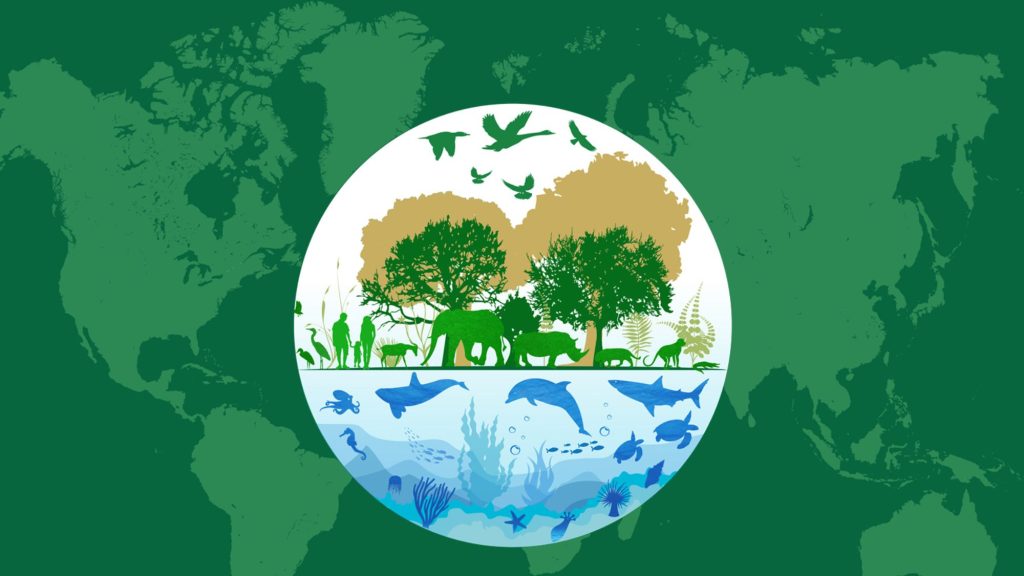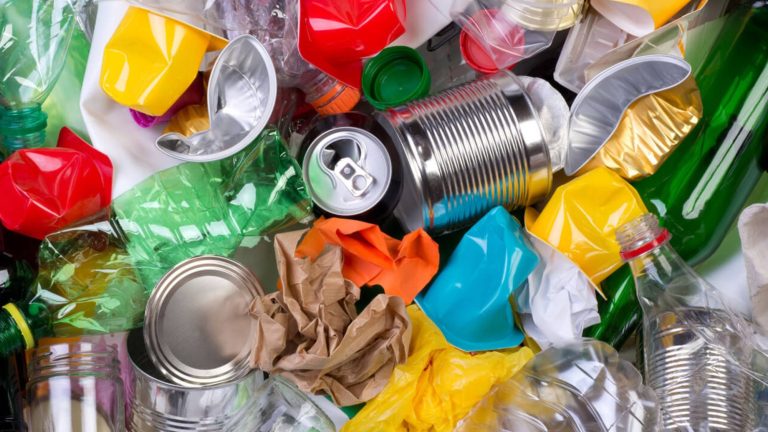The harm that waste created by humans causes to ecosystems all over the world never ends, but rather it increases as pollution levels continue to rise, especially with the widespread use of non-degradable materials such as microplastics. These pollutants contaminate water and land resources, leading to enormous destruction in fragile ecosystems and making the waste problem even worse. Waste management company skip hire Ashton Under Lyne adds weight to this matter that must be solved now the household waste issue.
Due to the increase in population size and changes in consumption habits, the amount of rubbish coming from houses reaches a critical level Not only do the common sources of household waste materials, such as organic wastes, plastics, and electronics, add to the environmental problem, but also a range of different compounds that pose environmental problems. To reverse this trend and preserve a well-balanced environment for future generations, effective waste management policies must be put into place.
Climate Change:
Our society’s disposal of household waste is not only troubling but also increasingly irresponsible. Government leaders have failed to implement sustainable foundations into action to enable our environment to successfully mitigate and adapt to climate change. For instance, researchers have found that waste landfills contribute to 20% of the total human-driven methane emissions, with 91% of these emissions caused by open trash incineration. With approximately 65% of the United States waste being discarded in this manner, the crucial lack of sustainable government regulations and involvement in the waste disposal process continues to pose large-scale risks to both our atmosphere and the people living near these burning sites.
Wildlife:
Our global waste problem has dire consequences for marine life and water ecosystems, affecting aquatic beings dependent on the ocean for survival. These creatures ingest large quantities of plastic and solid waste, unable to distinguish between food and pollutants. Shockingly, researchers have detected microplastics in 100% of turtles, 59% of whales, 36% of seals, and even 90% of seabirds examined. Waste pollution proves deadly, with over 100,000 marine mammals killed annually. This situation severely impacts biodiversity, endangering the health of many species worldwide. Quick action is imperative to mitigate the devastating effects of waste, especially household waste on marine ecosystems.
Diseases:
Unprocessed household waste can also be considered an important source of diseases. That may harm animals and humans alike, which will not spare lives. The perfect place for them to breed is landfills and contaminated water sources where harmful pathogens multiply. These diseases are capable of affecting any life form from the animal kingdom to the plant world or even us humans. Inadequate waste processing methods only heighten these health risks. Indicating the urgent need for proper household waste management systems that must ensure both public health and environmental protection. Although they have a significant impact on human health. These diseases can also result in disturbance of ecosystems, loss of ecological equilibrium. And subsequent effects on biodiversity and ecosystem services.
Plant’s Death:
Harmful particles in the air and water greatly affect plants. The soil that contains contaminants may not support the growth of most plants. A situation that causes the death of many plants. Toxic rainwater is also dangerous to plant life, even without soil contamination. This phenomenon underscores the interconnectedness of environmental factors. And the critical importance of addressing pollution to ensure the health and vitality of plant ecosystems. Efforts to mitigate pollution and promote sustainable land. And water management practices are essential for preserving plant biodiversity and ecosystem health.
Lower Biodiversity:
The decline in biodiversity worldwide, resulting from species extinction and crop losses. Poses a significant threat to the health of ecosystems. Reduced biodiversity increases vulnerability to extinction events during disasters. Further destabilising natural habitats. Moreover, diminished species diversity facilitates the spread of diseases. As pathogens find fewer barriers to transmission.

This circumstance intensifies the threats related to ecological modifications. As a lot fewer resistant types continue to adjust and also grow. Protecting biodiversity is extremely important to keeping the environment strong. As well as reducing the negative effect of contamination plus environmental deterioration on worldwide biodiversity. Initiatives to secure and also bring back varied environments are vital for protecting the wellness of nature as well as future generations.
Conclusion:
By acknowledging the interconnectedness of human tasks and also ecological wellness. We can aim in the direction of a much more lasting future where household waste no longer intimidates the well-being of our earth.



1 Comment
Pingback: How Can Local Communities Contribute to Waste Management?